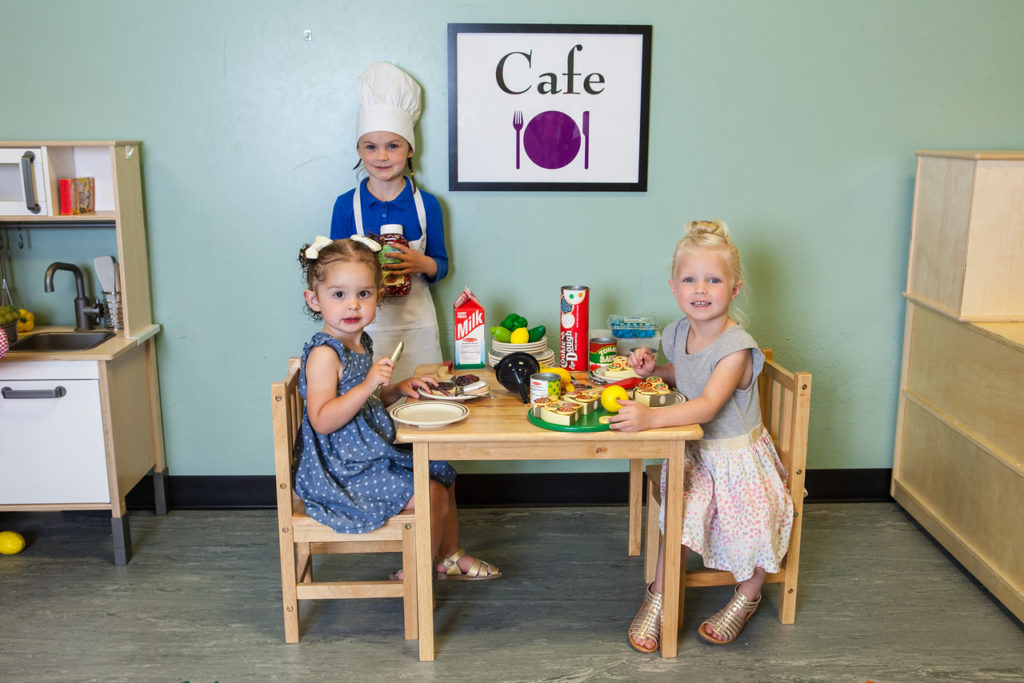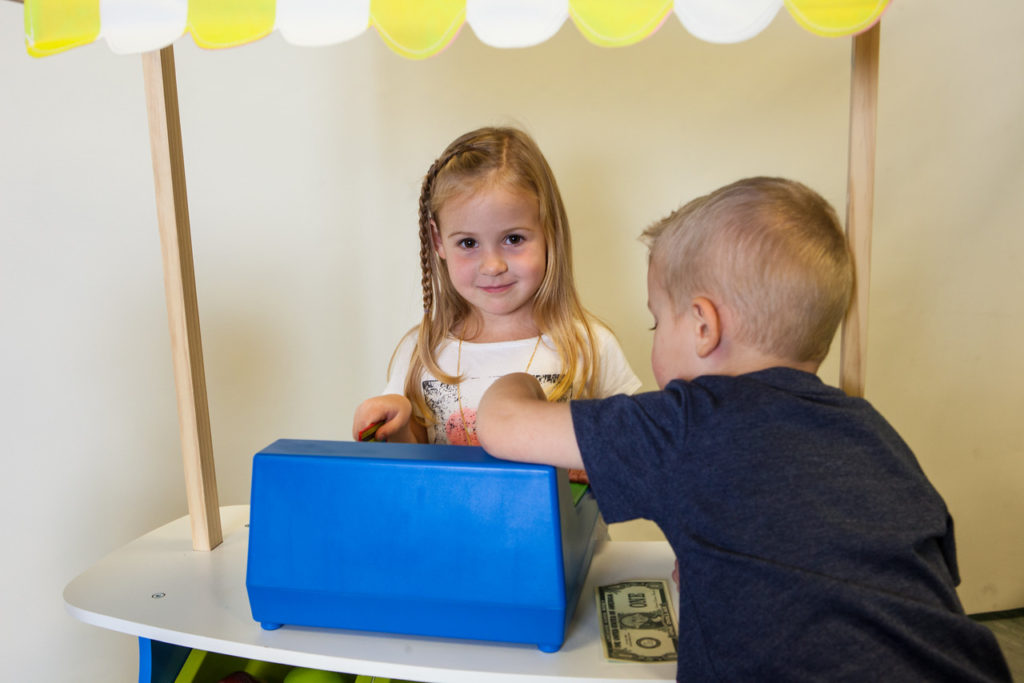It wasn’t so long ago that you were doing everything for your baby — and you were happy about it.
But now, your child is growing up, and you’re realizing she needs some independence. Not only is it going to be good for her future happiness and growth, you could sure use a break or twelve.
Independence is a process, and it needs to be taught. Ultimately, you want your child to settle happily into adulthood, confident in his ability to pay the bills, hold a job, take care of a family, and be a decent human being.
But for now? It’s baby steps, friends. Read on for the baby steps that will help your child become independent.
1. Set the Stage
If your home is dangerous, too protected, or just generally un-child-friendly, your child won’t have the chance to do things on her own. Creating an environment in which your child can explore will help her become independent and develop confidence.
This doesn’t mean you need to change your living room decor to Paw Patrol kid chairs; it just means you should make your home safe for a wandering child. Put breakable heirlooms out of reach while keeping kid-friendly books within toddler grasp. Create spaces that are designated for your child — a kid-size coloring table in the TV room, a basket of non-breakable toys in the bedroom, or a kid-level drawer of kid-friendly plates and cups in the kitchen.
2. All Decisions Don’t Have to Be Yours
Not a newsflash: Your child has some serious opinions!
Let him feel ownership of those opinions by allowing him to make as many decisions as possible each day. Again, this doesn’t mean restructuring your life so your child is a tyrant in your home. Rather, it means stepping back when your opinion really isn’t more important than your child’s.
So he wants to wear rain boots to the store in the middle of a dry summer day? Don’t worry what other people think; let him have this one.
She wants to read books outside instead of in the living room? If it isn’t raining, snowing, or too cold, why not?
In addition, offer your child choices throughout the day to avoid later power struggles. Just make sure you can live with either choice. Library or park today? Lunch at the counter or the table? One book or two?
3. It’s Never Too Early for Chores
When kids contribute to the household, they feel a sense of pride — and they develop independence as they learn new skills. Children have different skills at different ages, but they can always be taught to help in some way. A 2-year-old can put child-safe cups on the table for dinner. A 5-year-old can sweep the kitchen. A 9-year-old can clean a bathroom.
But be patient. Your 2-year-old has a short attention span, and may wander off to give the cup to the dog instead of setting it on the table. That’s okay. Just try again later.
Also, take the time to model the skill correctly. It may take a while for the job to get done to your standards, but as you teach and praise, your child will develop more and more independence.
This age-appropriate chore list will give you some good ideas for what you can expect. Remember that each child develops at a different rate, so don’t be too concerned if your child can’t do everything on the list. Just use it as a guide.
4. If They Can Do It Themselves, Let Them
There’s no doubt about it. You’re better at almost every task your child is capable of doing. And there’s no question that it’s easier to just do those tasks yourself. You’ll be ready for the day 10 times faster if you dress your 5-year-old, tie your 8-year-old’s shoes, and pack your 11-year-old’s lunch.
But when you do for your child what he can do for himself, you’re actually sending the message that you don’t trust his abilities. Believe in your child, teach your child age-appropriate skills, and then step back to let him shine.
But do remember to be flexible. It doesn’t hurt to lend a helping hand from time to time. Children also need to know that they can be part of a support network.
5. Make It Fun
What do you do when you know your child can do what’s expected, but refuses to do so? Be compassionate. She may be doubting her abilities, feeling like she wants attention, or just having a bad day.
When this happens, help your child become independent by changing things up with some fun.
- Give a fun challenge: “I bet you can’t brush your teeth while standing on one foot!”
- Try a compromise that involves you: “I’ll zip up your hoodie for you if you put your arms through.”
- Change the mood: Try a little tickle war, a game of “Where’s Mommy?”, or use silly voices to lighten the mood.
6. Failure Isn’t the End
Sometimes you just have to let your child taste a little failure. It isn’t pretty for anyone, but it helps your child (and you) understand that responsibility lies with each individual.
It’s okay to not rush forgotten homework to your elementary-aged child. It’s okay to let your toddler struggle for a minute to take off her shoes. It’s okay to let your teenager explain to his teacher why he didn’t complete an assignment.
It’s hard to let your children struggle, but remind yourself that you learn your biggest lessons when facing a trial. Let your children fail from time to time, and be their comforting, non-judgmental sounding board when they need to work out their own solutions.
They’ll come out the other end much stronger.
And so will you.
How Can Preschool Help Your Child Become Independent?
Hands-on discovery-based learning is critical to developing independence in a child. At UDA Creative Arts Preschool, we work on developing the whole child by giving children learning opportunities that incorporate all of their senses in their quest for knowledge. Our daily routine helps children know what is expected of them, and assists in learning independence and responsibility.
Give us a call at (801) 523-5930 to request a free tour.



